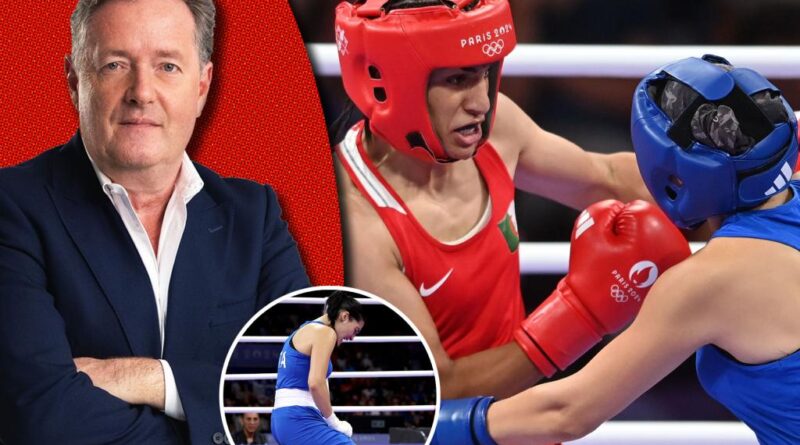The IOC’s harmful prioritization of trans virtue-signaling may lead to deadly consequences for women

Confirmation has emerged regarding Imane Khelif, the Algerian boxer who controversially competed and won gold against women at the Paris Olympics. It has been revealed that Khelif is biologically male, a fact known to some beforehand.
A leaked medical report to French media shed light on this information, validating suspicions that Khelif was not a woman despite competing in women’s boxing.
This revelation explains the unfair advantage Khelif held over female competitors, leading to his ban from the last Women’s World Championships for failing to meet established eligibility criteria.
Despite these findings, Khelif was permitted by the International Olympic Committee (IOC) to compete at the Paris Olympics, where he emerged victorious against women, sparking outrage and criticisms.
The leaked medical report from 2023 confirmed that Khelif has a disorder of sexual development (DSD), indicating male chromosomes and some male biological characteristics.
Despite the IOC’s knowledge of this information, they allowed Khelif to continue competing against women, highlighting a failure to uphold fairness and safety in women’s sports.
The ongoing debate surrounding transgender athletes in women’s sports raises concerns about accountability and integrity, as evidenced by the significant impact on female athletes worldwide.
In light of these issues, calls for stricter regulations and consequences for organizations endorsing male athletes competing against women continue to grow.
This significant disparity in physical attributes between male and female athletes underscores the importance of maintaining separate categories in sports competitions to ensure fairness and safety.
The controversy surrounding Khelif’s participation as a transgender athlete in women’s boxing brings attention to the need for stricter regulations and protection of women’s rights in the sporting world.
Ultimately, the responsibility falls on governing bodies like the IOC to address these issues and protect the integrity of women’s sports, lest the consequences be dire.



